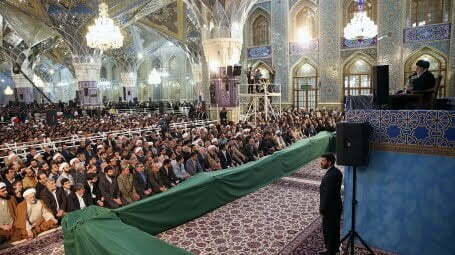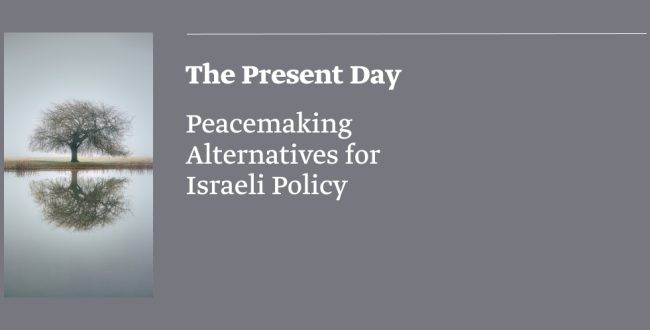Deploying theories about international balance of power, the professor pointed to Israel’s own nuclear arsenal as the (enriched) seed that fueled the arms race, concluding that, “in no other region of the world does a long, unchecked nuclear state exist. It is Israel’s nuclear arsenal, not Iran’s desire for one, that has contributed most to the current crisis. Power, after all, begs to be balanced. What is surprising about the Israeli case is that it has taken so long for a potential balancer to emerge.”
At first glance, not only does Waltz appear a contentious curmudgeon bucking the Washington consensus on the nuclear issue, more troublingly, the Geiger counters within the pro-Israel community are off the charts. Many are outraged at Waltz for blaming the victim, capped by what they detect as a broader anti-Israel sentiment pervasive in the ivory tower and the foreign policy establishment. As a major figure in the neo-realist school of international relations alongside other rogue actors like John Mearsheimer and Steven Walt, Kenneth Waltz will likely be branded the latest comrade in the academic axis of evil.
Looking more closely however, it becomes apparent that there is no anti-Israel or anti-Semitic conspiracy at work, rather that Waltz is merely using Israel as a case-study in his broader arguments about international politics and the deterrent power of nuclear weapons. I do not believe that he is singling out the Israel-Iranian struggle, but considers it another example of international nuclear balancing, akin to India/Pakistan and the U.S./U.S.S.R. Waltz has developed important scholarly hypotheses and believes he has found a fitting application in current events. Perhaps Waltz should have realized that the casual reader of Foreign Affairs doesn’t subscribe to the APSR [American Political Science Review] or chat about the latest research in rational choice theory at Shabbat dinner
Yet, the more problematic aspect of the article speaks less to the gulf between Waltz and the general public than the estrangement between political science and historical methodology. While his theories sound plausible on paper, his assertion that “history shows that when countries acquire the bomb” they accept to be targeted by Great Powers; are less likely to allow for further proliferation; and act in the interest that “deterrence will apply” seems more like hopeful prognostication than a faithful analysis of past events. Moreover, he has cherry-picked or decontextualized many of his historical examples.
For instance, his comparison of Iran to Japan as a country that could acquire an advanced nuclear program capable of weaponization but utilize it only for peaceful purposes ignores Japan’s own traumatic nuclear experience, its weak position after World War II, and its regional nuclear rivals in East Asia. His discussion of nuclear non-proliferation seems to turn a blind eye to Pakistani and Russian loose nukes (or nuclear material) and both the U.S. and the U.S.S.R’s assistance in expanding nuclear capacity to client states during the Cold War.
The so-called deterrent status between India and Pakistan seems vastly overstated given on-going instability and this case is further undermined by other historical examples such as the ongoing standoff between China and North Korea. Last but not least, Waltz seems to entirely overlook the fact that the so-called “Muslim bomb” is not only a counter-balance to the “Jewish bomb” but part of the dynamic of the internal Sunni-Shi’ite rivalry in the Middle East and South Asia.
In my opinion, Dr. Waltz did not pen his piece in hatred and was more invested in his own theories than in Israel’s future. Nevertheless, the international community would be wise not to seek its academic adviser in a contemporary Dr. Strangelove. While Israel, the United States, and the international community must endeavor to love the people of Iran, now is the time to fear the bomb and act to prevent it.
















